Hernan
Hernan Carvente is a formerly incarcerated advocate for criminal justice reform. As a program analyst for the Vera's Center on Youth Justice, Hernan works "on improving conditions of confinement, including efforts to support the incorporation of youth voices in facility-based and statewide juvenile justice policy reform."
Hear his story, first-hand, below.
"I fundamentally believe that youth and families who have been impacted by the justice system have a voice, and if that voice is channeled, they themselves can advocate for whatever needs they want or resolve whatever problems they have. But they need to be given the tools and the support to be able to do that (...) As it stands, the current system, as some of you guys are probably learning, is really about the system taking care of your needs and issues. Not about empowering you as an individual, not empowering the family, or the young person, or the person who is being impacted by the system. It's essentially about stripping you of your dignity, putting you in a setting where you are being punished over and over, and reminded that you are less of a human being. And that is how I felt, and I felt over the last four years (...) "
"My sort of calling, as I say now, is to really give young people the channels and opportunities to be those leaders and have that voice. Cause I felt voiceless growing up. I felt voiceless when I was locked up. And when I was going through all of the different struggles that I was going through, I felt a hundred times even more voiceless. And I realized that there were so many other people like that. But reform around the country is happening (...)"
"But realizing when you work in an organization like mine that change and progress is very much tied to politics. Change and progress is also very much incremental. Systems don’t run for change, they crawl for change. They take years to go and become something different. (...) So the real work at hand now is to create unity, to give young people power, to give families the power back, to give the communities the power back. To make the system more of a support than a reliability for the people who are going in there."


